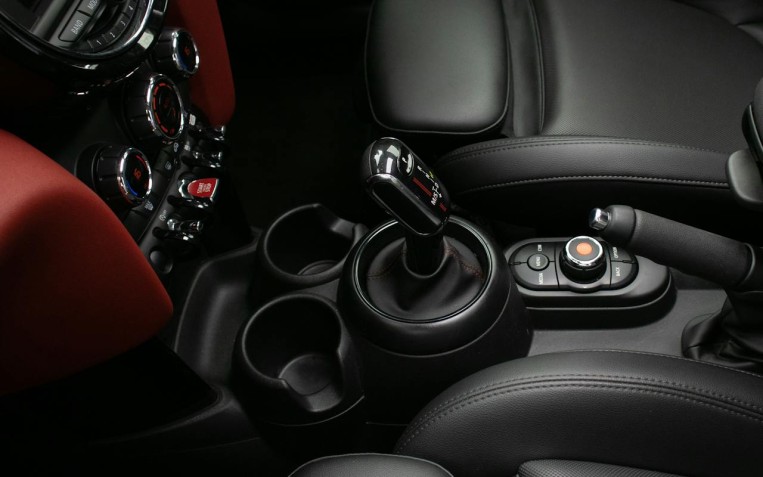Dangers of drowsy driving: How to stay alert on the road

Dangers of drowsy driving
It’s well known that driving under the influence of drugs and alcohol is dangerous. But, studies show that driving while you’re tired can be just as dangerous as drink driving. In this guide we’ll explain the dangers of drink driving and some of the top tips to stay alert when driving.
What are the dangers of driving tired?
The main risk of driving tired is that you’re more likely to end up in an accident, which can not only damage yours and others vehicles, but it can result in injury or even death. Some of the other dangers include:
- Delayed reaction times: Suffering from driver fatigue can delay your reaction times as you are less alert when you’re tired.
- Poor decision making: Drowsiness can impact your ability to make decisions, which can increase the risks of dangerous manoeuvres and increase your chances of getting into an accident.
- Impaired vision: Tired and bleary eyes can mean that you cannot see road markings, lights or other cars clearly. Increasing your chances of being in an accident.
Tips for avoiding tiredness when driving
When embarking on a lengthy trip, it's crucial to not only prepare your vehicle but also yourself for the journey ahead. It's worth noting that even professional HGV drivers don't exceed 9 hours of driving in a day when covering long distances. So, you should break up your journey into manageable chunks, ideally you should take a 15 min break for every 3 hours of your journey. If you start to feel tired when driving, it’s important to pull over somewhere safe and if necessary, take a short nap.
If you’re planning on taking a long journey, you should avoid setting out if you already feel tired. Avoiding working out or eating heavy meals before you leave is also a good idea, as these activities can cause you to feel tired or drowsy.
Make sure your car is in the best condition possible by visiting a local PTA garage near you. Our expert technicians offer a FREE Journey Check with any online purchase. For more information, do not hesitate to contact our helpful team.
Related Content

Should I have soft or stiff suspension springs for my vehicle?
Suspension springs are essential for maintaining your vehicle’s stability and ride height. Over time, the springs will succumb to wear and tear, which affects how your car handles, brakes and accelerates on the road. Discover whether you should...

What is engine braking?
Engine braking involves taking your foot off the accelerator pedal, allowing your car to slow down. Over time, the parts on your vehicle’s braki...

A guide to the different types of car clutches
The clutch is responsible for channelling the power from the engine, through to the gearbox, and the wheels. Your vehicle's clutch will differ dependi...

